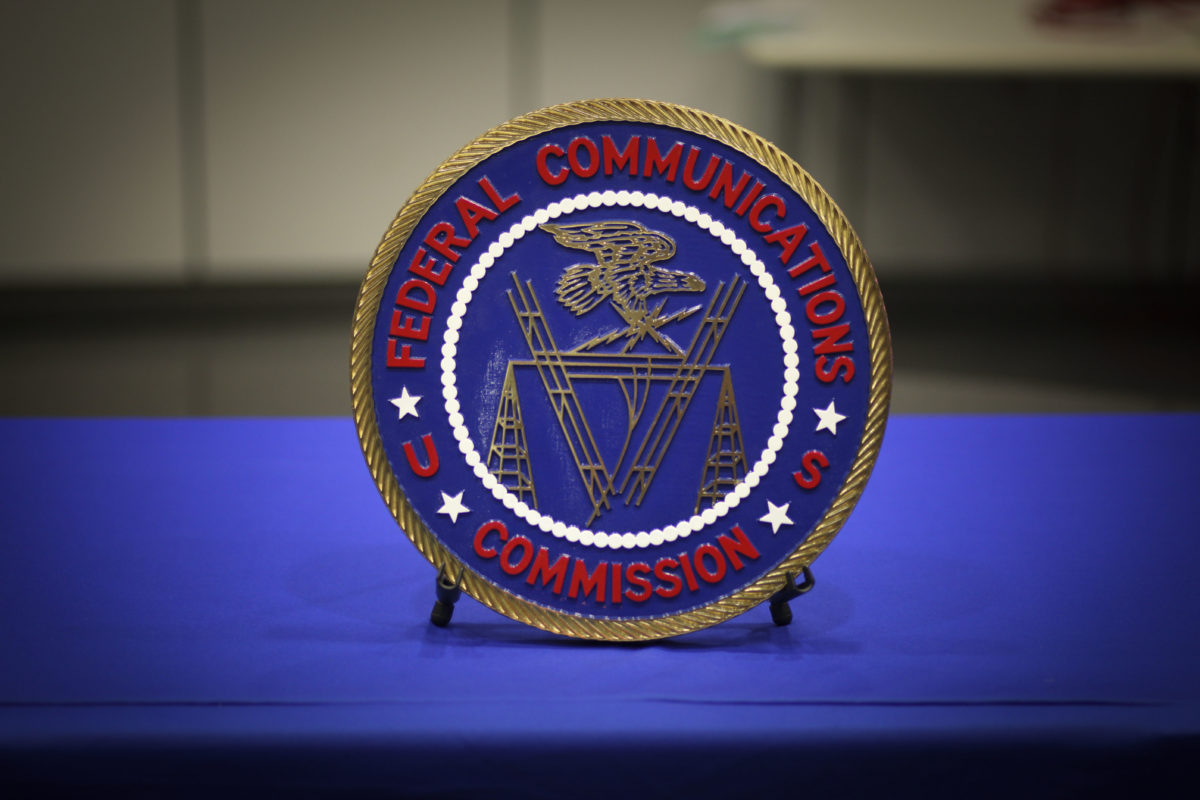David Bray, the current CIO of the Federal Communications Commission, is fond of metaphors. Asked what he does with his life Bray laughs, “I would say I am a digital diplomat and human flack-jacket also known as the chief information officer for the Federal Communications Commission,” he replies.
That’s an image.

David Bray. (Photo via fcc.gov)
When Bray arrived at the FCC in August 2013 there had been nine CIOs in the previous eight years. His staff of approximately 350 (275 contractors and the rest government employees, the consequence of sequestration) was feeling demoralized and uninspired. Bray knew something had to change.
So he called an open, town hall–style meeting centered around one single question — How are we doing? And once people started talking, well, they certainly had things to say.
“Sometimes you just have to listen and let people air their grievances, even if they occurred before you arrived,” Bray says.
Beyond hoping to revitalize the team by making them feel heard, Bray also set about making workers feel empowered. The way to accomplish this? “Intrapreneurs” — or “entrepreneurs on the inside” — across the 18 bureaus or offices where Bray’s team works. These intrapreneurs are encouraged to act autonomously, depending, of course, on the level of the question at hand. For big, expensive decisions maybe Bray’s input is necessary, but for day-to-day decisions it is probably not.
Bray has also been a big proponent, both within the FCC and publicly via his 115,000-follower Twitter account, of the concept of “change agents.” “A change agent,” as Bray puts it, “is someone that’s willing to step outside the status quo and help lead the way to move forward.”
Again, an active departure from the view of federal agencies as stagnant and hierarchical, and another tool in Bray’s empowerment tool belt.
The nature of public service is that you serve everyone, even people who don't like you.
And all this listening and empowering? It worked. At the initial town hall meeting Bray held, just 15 percent of the people present said they were “excited” about their work; a year and a half later that number was up to 85 percent. These numbers mainly reflect the same employees, not new ones, though some contractors have left the FCC as it has made a more aggressive move to the cloud. As Bray put it, humbly, “that doesn’t happen over night.”
It doesn’t, and it also doesn’t happen without conscious leadership choices. So where did Bray learn these leadership skills?
Bray began his career in the government at the young age of 15, working on computer simulations at the Department of Energy. He told Technical.ly that starting so early showed him how cool it is to have a national impact through your work. Another job as IT Chief for the Bioterrorism Preparedness and Response Program at the Center for Disease Control taught him about agile development, and a voluntary deployment to Afghanistan in 2009 showed him the value of empowering the edges of an organization and building a diverse team.
But ultimately, Bray traces a lot of his philosophies on leadership back to mom and dad. “My mom being a school teacher and my dad being a methodist minister, I realize that my dad’s strength were healing fragmented congregations and capital planning. And that’s what I’m doing at this job — healing fragmented congregations and capital planning.”
Bray is also trying to extend the goodwill beyond the inside of the agency, hence his Twitter account. Upon seeing the challenges that the FCC faced, Bray decided he needed to speak directly to the public about its very real concerns. The public affairs department wasn’t exactly thrilled by the idea, he told Technical.ly, but Bray saw that it was high time to be open and honest about the work of the FCC.
It’s a work in progress. Bray knows there’s still work to do to gain public trust, just as there’s still work to do in the FCC’s quest to move its data center away from legacy systems on site and 100 percent on to public cloud, a process that has been front and center in Bray’s tenure thus far.
“The nature of public service is that you serve everyone, even people who don’t like you,” Bray says. That, of course, is not a metaphor at all.
Join our growing Slack community
Join 5,000 tech professionals and entrepreneurs in our community Slack today!
Donate to the Journalism Fund
Your support powers our independent journalism. Unlike most business-media outlets, we don’t have a paywall. Instead, we count on your personal and organizational contributions.

Philly Tech Week and beyond: 29 mid-Atlantic tech community events in May

Data center leaders sound the alarm on energy concerns — and a better public narrative

RealLIST Connectors 2025: Meet 20 innovation trailblazers helping DC thrive

